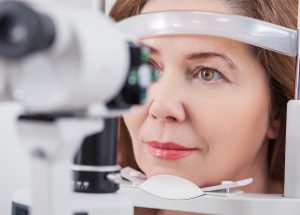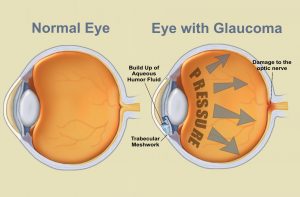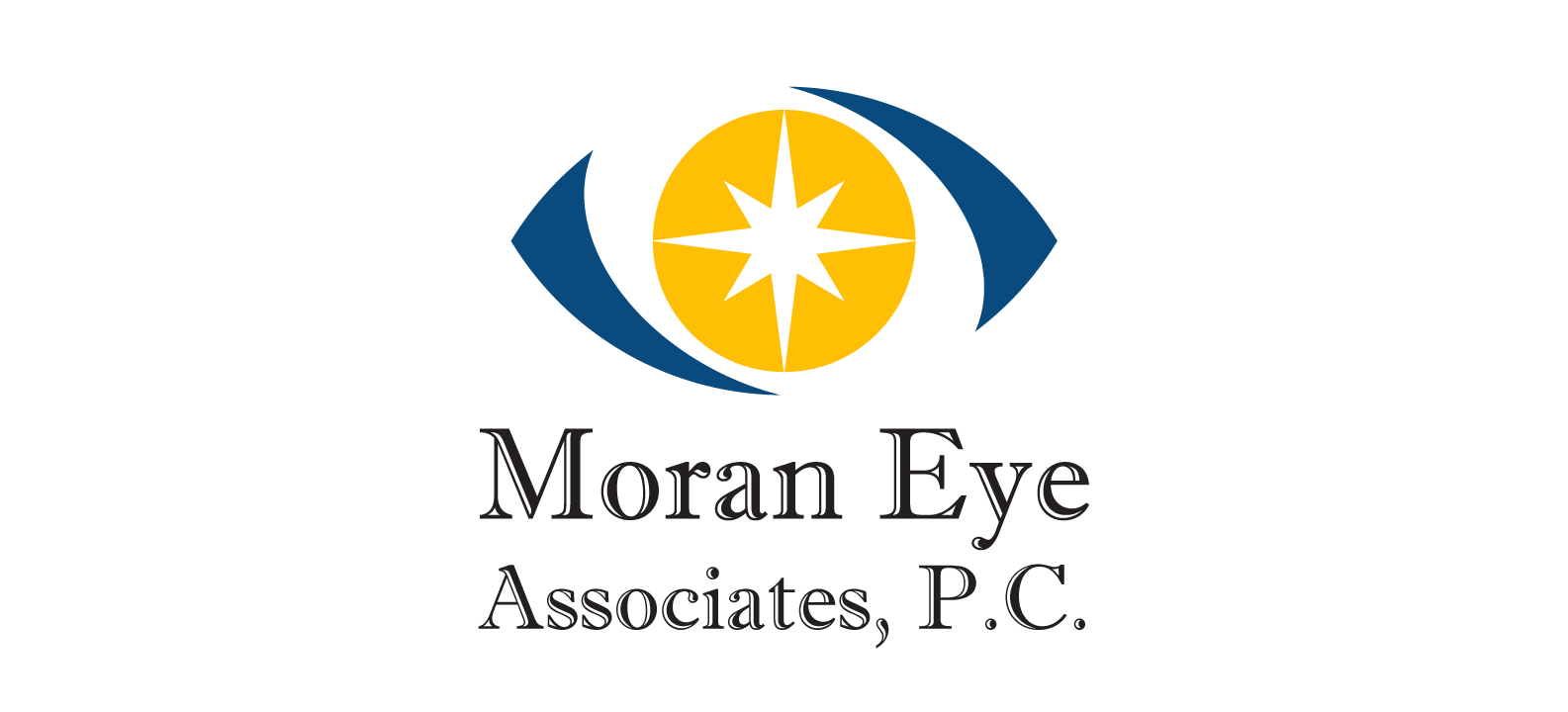Early Detection is Essential for Glaucoma
Glaucoma is known as the “Silent Thief of Sight” because it can begin to rob you of your sight before you notice any symptoms.

Regular exams are essential!
Regular eye exams are your best defense against the early detection and treatment of glaucoma. At each visit, we will check your eye pressure, and Dr. Moran will look at the back of your eye to examine the health of the optic nerve. These important tests can detect the start of glaucoma, and get you started on a simple treatment therapy that can save your sight.
Know if you are at risk.
According to the Glaucoma Research Foundation, people in these categories are at higher risk for developing glaucoma.
Age 60 or Older: Glaucoma is much more common among older people. You are six times more likely to get glaucoma if you are over 60 years old.
Family History: The most common type of glaucoma, primary open-angle glaucoma, is hereditary. If members of your immediate family have glaucoma, you are four to nine times higher to develop this disease.
African Descent: Glaucoma is six to eight times more common in African-Americans than in Caucasians.
Hispanics in Older Age Groups: Recent studies indicate that the risk for Hispanic populations is greater than those of predominantly European ancestry, and that the risk increases among Hispanics over age 60sisipisi.ccsisipisi.ccsisipisi.ccsisipisi.cc.
Asian Descent: People of Japanese descent are at higher risk for glaucoma.
You may NOT notice a change in your vision until irreversible damage is done.

Eye with glaucoma
Many people who are in the early stages of glaucoma are unaware of their condition. When vision loss becomes noticeable, glaucoma may have caused irreversible damage.
If left untreated, glaucoma will lead to blindness. Although there is no cure, medications and surgery can help slow the disease’s progression. Vision loss occurs because increased eye pressure from glaucoma can damage the optic nerve, which carries images from the eye to the brain.
Don’t delay. Early detection and treatment is the best way to manage your condition. Dr. Moran may prescribe eye drops, which, when used daily, may be all that you need to keep your eyes healthy. If prescription eye drops are not sufficient to control your glaucoma, laser treatment or surgery may be an option.
Monitoring your progress: In addition to an eye exam, Dr. Moran may request additional tests. Glaucoma patients are monitored using annual visual field and OCT tests. Changes in your test results may indicate a need for an update in your treatment plan.
To learn more about this disease, visit the Glaucoma Research Foundation GRF.
